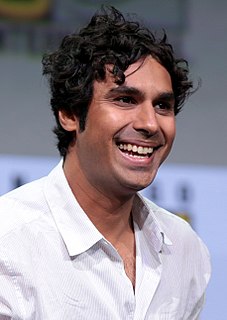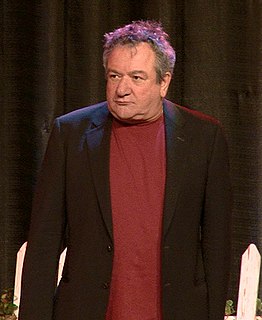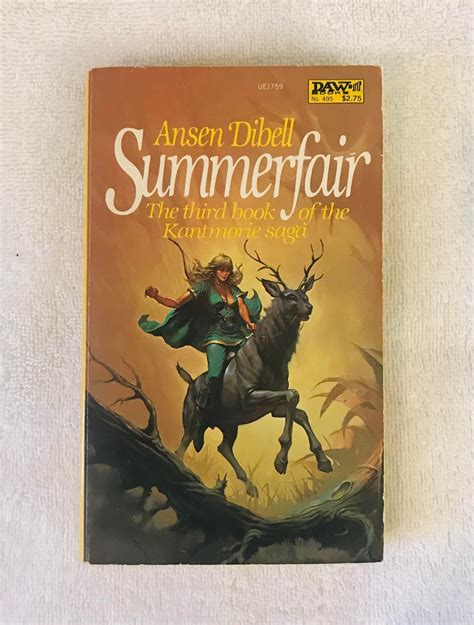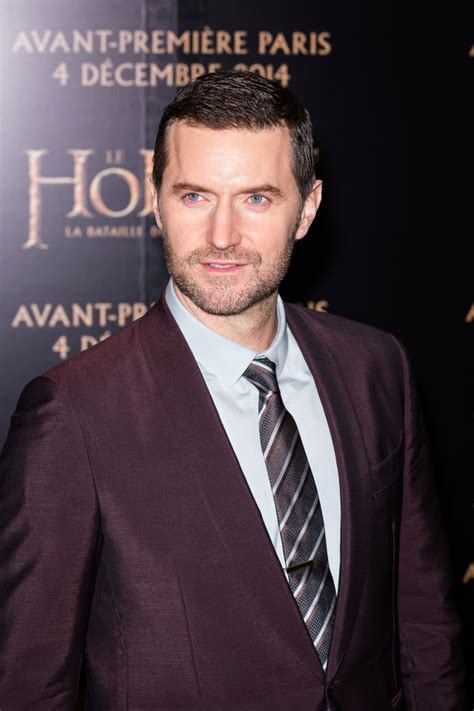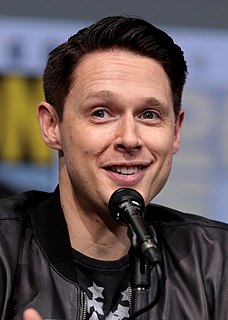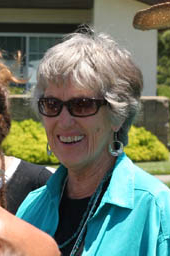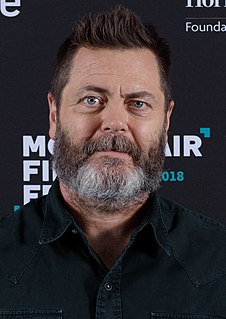A Quote by Mary Pope Osborne
I would love to live in 'The Lord of the Rings.' J. R. R. Tolkien's world is so vivid and rich and sensual. I love the country setting and the routine of the hobbits. Of course, I would like to be a hobbit who goes on small adventures - not huge, horrifying ones like Frodo's quest.
Related Quotes
One tiny Hobbit against all the evil the world could muster. A sane being would have given up, but Samwise burned with a magnificent madness, a glowing obsession to surmount every obstacle, to find Frodo, destroy the Ring, and cleanse Middle Earth of its festering malignancy. He knew he would try again. Fail, perhaps. And try once more. A thousand, thousand times if need be, but he would not give up the quest.
When Peter Jackson did The Lord of the Rings trilogy with Fellowship of the Ring, not everyone had read Tolkien, and yet somehow with that scope and the spectacle of that fantasy, people were willing to give it a shot. And when they watched the first one, the characters drew them in and they started understanding the story. And then, all of a sudden, they were The Lord of the Rings fans, even if they never read Tolkien.
J.R.R.Tolkien has confessed that about a third of the way through The Fellowship of the Ring, some ruffian named Strider confronted the hobbits in an inn, and Tolkien was in despair. He didn't know who Strider was, where the book was going, or what to write next. Strider turns out to be no lesser person than Aragorn, the unrecognized and uncrowned king of all the forces of good, whose restoration to rule is, along with the destruction of the evil ring, the engine that moves the plot of the whole massive trilogy, The Lord of the Rings.
I'd seen Elijah [Wood], when I was a little boy, in The Good Son. And then, I was a huge fan of The Lord of the Rings. It took awhile to get over that whole, "That's Elijah Wood - Frodo, from The Lord of the Rings." I was a mega fan of that. I went to the all-day screenings of the director's cut, where you could see the really long versions of all three movies, in one day.
The saints are like the Lord, but so are all people who keep the commandments of Christ; but those who live according to their own passions and do not repent are like the devil. I think that if this mystery were revealed to the world, then they would stop serving the devil, and every one would strive to serve the Lord with all his strength, and to be like Him.
Yes, it looks bleak. But you are still alive now. You are alive with all the others, in this present moment. And because the truth is speaking in the work, it unlocks the heart. And there’s such a feeling and experience of adventure. It’s like a trumpet call to a great adventure. In all great adventures there comes a time when the little band of heroes feels totally outnumbered and bleak, like Frodo in Lord of the Rings or Pilgrim in Pilgrim’s Progress. You learn to say ‘It looks bleak. Big deal, it looks bleak.’
When I was a kid, I lived in this small town way out in the country. We had three TV channels and one radio station. I couldn't even get my hands on good comic books. My aunt, who is a librarian, gave me Tolkien's "The Lord of the Rings," Laura Ingalls Wilder's "Little House on the Prairie," and Lewis's "The Chronicles of Narnia." They were such incredible treasures to have in my somewhat mundane country life.




